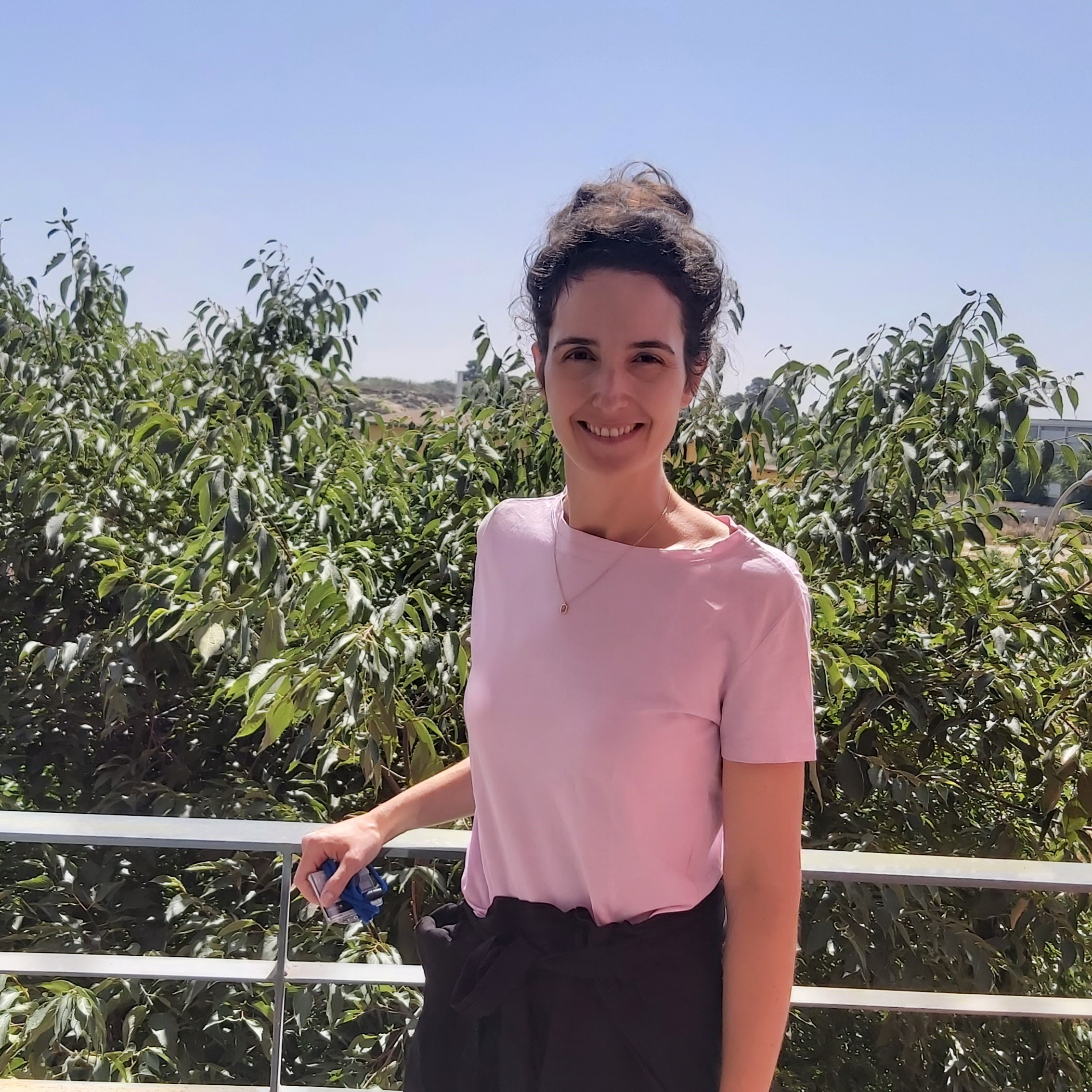
Congratulations on this award. This recognition connecting women and science, what does it all mean?
Thank you very much. It is an award that I am especially excited about. It represents significant support and motivation to continue with my research project, and at the same time, it is a way to give visibility to women in science, which is essential today because science needs women.
What led you to pursue a career in research?
I have always been a curious and adventurous person, even as a child. My natural sciences teachers sparked my interest in science during my teenage years. I also enjoyed reading about science-related topics. Reading in the news and hearing so many stories about cancer in my adolescence motivated my decision to dedicate myself to this field.
What are your main areas of research?
My work focuses on finding strategies to improve current anti-tumor therapies, especially for pancreatic cancer — one of the deadliest human cancers due to its rapid progression to an aggressive stage and the lack of effective treatments. To that end, I combine animal experimentation with microfluidic chip models, where I test different strategies from a vascular biology perspective to help ensure the extracellular matrix does not hinder the delivery of anti-tumor drugs.
Is there any project you are particularly proud of because of its impact?
Yes, the study I conducted during my postdoc at the University of Lausanne, where I discovered the importance of lymphatic vessels for proper intestinal function. I also found that when these lymphatic vessels were impaired, metabolic changes occurred throughout the body, and the composition of the gut microbiota was altered. It was the first time defects in lymphatic vessels had been linked to changes in the gut microbiome.
How do you envision the future of your research field? What trends or challenges would you highlight?
There is still a long way to go, but we are many scientists working, collaborating and making progress to improve current therapies for cancer patients. I am confident that in the near future, we will see a decrease in current mortality rates.
As for challenges, I would mention personalized medicine, the use of artificial intelligence, research into gene and cell therapies, and bioengineering.
Returning to the topic of women in science, where would you say the main difficulties lie?
There are many young women researchers in Spain, but few of us reach leadership positions. I believe this gap exists in other parts of the world too, although progress is being made. In Spain, we are quite aware of the issue and are doing a good job, but we must continue to push forward.
The main challenges facing women scientists today, in my view, are the lack of representation in leadership roles, the gender pay gap, the need for greater recognition of our work, and the challenge of balancing work and family life.
How would you assess the research being done in Aragón?
We carry out very good research in Aragon. There are many cutting-edge groups, groups with extensive experience and groups of young IPs (principal investigators) with great future prospects. We also have excellent facilities and equipment. I believe we are in a strong position, and we must continue building on that.
What do you enjoy most about your profession? And what do you like least?
What I enjoy most is the satisfaction of discovering and expanding knowledge to help solve a current problem. What I enjoy least is the failure of experiments or the difficulties in securing funding.
What advice would you give to someone who is considering a career in research?
I would encourage them because it is a beautiful profession. However, I would also tell them it is a true vocation and quite demanding, it is a long-distance race. The effort pays off when you find results that you know could be applied in the clinic in the future.
UP CLOSE…
Studies: Biology and Biochemistry
A dream to fulfil: To improve the future of patients with pancreatic cancer
Free time: Spending time with my family, hiking, traveling
A book: Papyrus: The Invention of Books in the Ancient World, Irene Vallejo.
A film or series: The Americans
Favourite band or singer: Queen
A trip: Argentina
How would you describe yourself? A dreamer